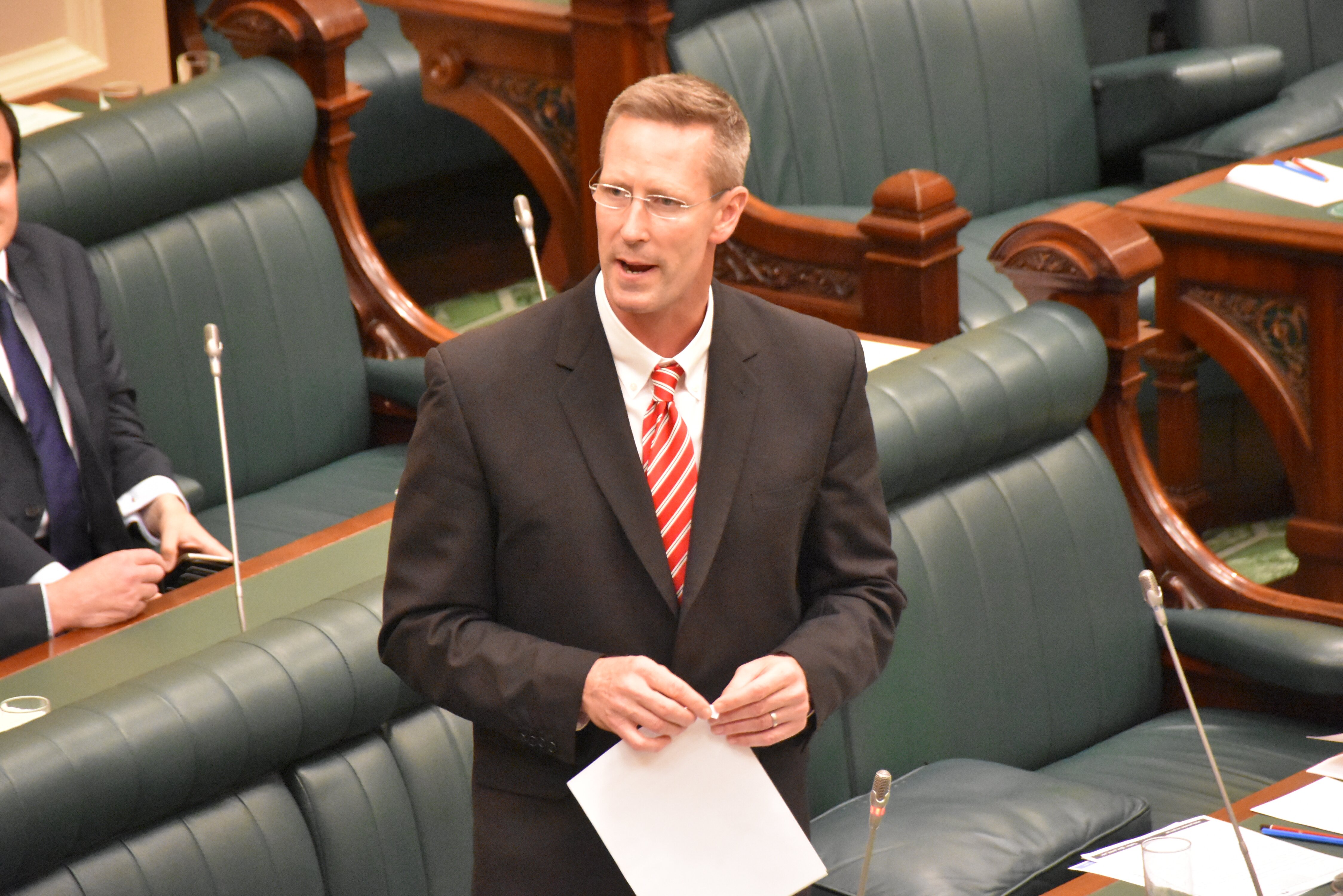Mr VAN HOLST PELLEKAAN ( Stuart ) ( 15:14 :05 ): As all members here know, on 28 September 2016 last year our state endured an unprecedented statewide blackout. Business SA has made it very clear that the cost to businesses was in excess of half a billion dollars from that event, but I want to touch on the equally important other side of that—the cost to households. Households all across our state were plunged into darkness and fridges and freezers did not work. Very necessary breathing apparatus did not work for many people. A whole range of necessary medical equipment, all the way through to normal household items, did not work because they did not have electricity.
Where electricity lines went down that were SAPN’s responsibility, those households in most cases did get financial support from SAPN for that. Keep in mind that, while Adelaide was only out for a few hours, some parts of our state were out for days. It is fair to give credit to the state government for offering the loss of power grants at the time to help households meet the financial hardship, most notably where fridges and freezers did not work. Some families and households would have lost hundreds of dollars of food because, once it thawed out it and went rotten, it needed to be replaced.
Those loss of power grants were administered by Housing SA. When I visited the relief centres that Housing SA staff operated, I have to say that they were doing an absolutely outstanding job. They were working very hard to support the people who came in to seek assistance. It was a two-phase system where people essentially came in, explained their loss, filled out some forms and made it really clear what their issue was. In the second phase, they got to sit down one on one with personnel to answer some questions more fully and outline their issue, and then later on they found out what support they were going to get.
While I understand that it is not possible to leave these grants open forever, there are sections of my electorate of Stuart that were completely unaware of the opportunity to apply for them. People have approached me from Nepabunna, Iga Warta, Leigh Creek, Lyndhurst, Port Augusta (including Stirling North), Melrose, Booleroo Centre and Wirrabara, and they all said that they did not even know that the opportunity to apply for the grant was there until many weeks afterwards.
I have great sympathy for these people, but particularly for the people farther north, in places such as Nepabunna, Iga Warta, Leigh Creek and Lyndhurst, many of whom did not have any form of communication for a very long time as well. The Leigh Creek broader district, including the communities to the north and the east, were without power on more than one occasion and for extended periods of time.
It is also important to point out that people, particularly in the communities east of Leigh Creek, do not have Facebook, do not have Twitter and do not have internet access on a regular basis; it is not the way they live their lives, so they were just not aware of the opportunity to access these grants. I have approached the state government and said that these are special cases and that these are people who really do deserve some extra support.
Unfortunately, in almost all these cases the state government has said no, that they were not prepared to offer extra support for them. The only support I am seeking for them is the opportunity to apply after the official closure date because they did not know about the grant. I am not asking that their assessment would be any different in any way. They should be assessed in exactly same way as anybody else in the state, but I do think it is only fair that they get an extended period of time.
I have no doubt that, through no fault of their own, many of my constituents were completely unaware of this opportunity primarily because of the reasonably remote location where they live and/or work. I again ask the government to give these people the opportunity to apply for the same assistance that other people in the state received.

